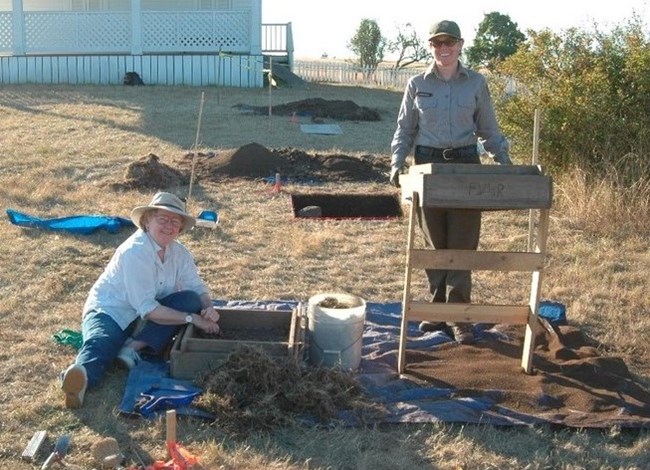
Archeology: the scientific study of people in the past and their cultures by analysis of their artifacts, sites, and other such remains.
Archeologists figure out chronologies of the past, reconstruct ways of life that no longer exist, and understand changes in human culture over time. Using the steps of archeology, archeologists carefully collect evidence and interpret its meaning.
Archeologists work in many places in different ways. They might conduct fieldwork on land or underwater, use technology to see into the ground without disturbing it, review archival documents, write reports, conserve artifacts, or curate collections. Some archeologists specialize in a time period or a culture. Others respond to disasters, like fires or floods, or address damage from looting and vandalism.
Archeology yields unique perspectives on people and places that cannot be known any other way. It provides valuable primary source evidence that can corroborate or disprove an account of events; provide new perspectives on old stories; and highlight people underrepresented in history. Archeology is a rich data source for professions such as history, ecology, and forensics.
Most archeology in the United States is conducted to comply with federal laws. These laws aim to preserve and protect archeological resources so everyone can learn from and enjoy them. The NPS manages over 87,000 archeological sites on park lands and 32 million artifacts and associated documentation in curatorial facilities. Working with state, local and Tribal partners, the NPS provides stewardship for a unique and irreplaceable archeological heritage.
Last updated: August 18, 2025
